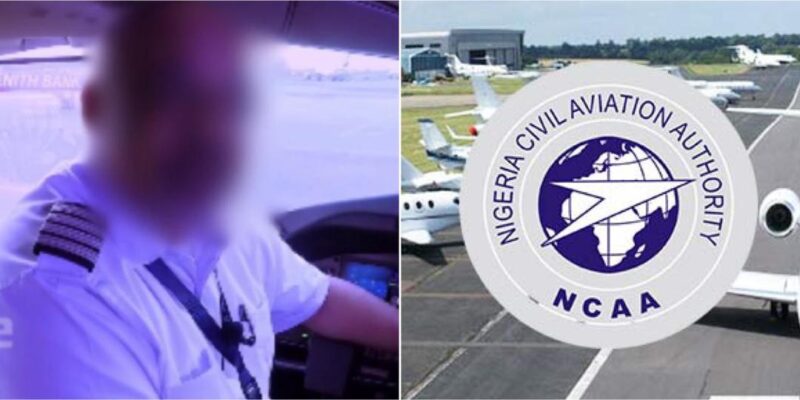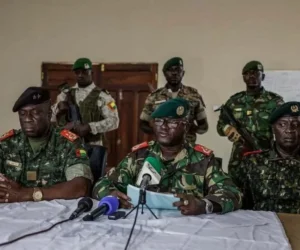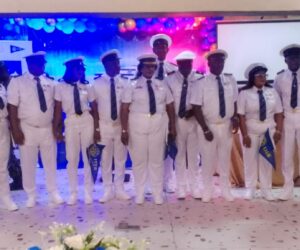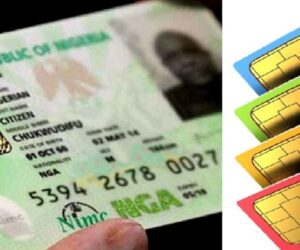The Nigerian Civil Aviation Authority (NCAA) has clarified why the co-pilot of Air Peace was cleared to return to work despite the Nigerian Safety Investigation Bureau (NSIB) preliminary report that indicted some crew members over alleged drug and alcohol use.
The clarification comes after widespread public criticism of the co-pilot’s clearance following a runway excursion involving an Air Peace aircraft at Port Harcourt International Airport on Sunday, June 13.
The plane veered off the runway but suffered no damage, and all 103 passengers disembarked safely.
NCAA Investigation vs NSIB Findings
According to Michael Achimugu, Director of Public Affairs and Consumer Protection at the NCAA, both the NCAA’s internal investigation and the NSIB preliminary report found that the co-pilot was not culpable.
“I learnt yesterday that the NCAA was being blamed for giving clearance to the first officer. But based on the NCAA internal findings and the NSIB preliminary report, the co-pilot was not found culpable. In fact, he advised the captain to go around, which the captain did not heed. Given that, we believe it is unjust to keep someone grounded for a year while an investigation is ongoing if there is no evidence of wrongdoing,” Achimugu said during an X Space discussion on Saturday.
He further stated that the durability of aviation regulations is tested during real-life incidents, which is why rules are reviewed regularly.
Airlines are also required to have internal compliance policies and submit reports to the NCAA.
Regulatory Oversight and Next Steps
Achimugu noted that the Director-General of the NCAA, Capt Chris Najomo, is already conducting further investigations into the incident.
He said the NCAA follows internationally recognised post-incident assessment procedures and uses approved testing centres.
He also highlighted that certain inconsistencies in the NSIB report are still being clarified.
“I have reached out to the NSIB and spoken to their team, but I’m still waiting for comprehensive feedback. I flagged certain inconsistencies that I believe require urgent clarification. My DG has just returned to the country and is expected to speak to the matter formally tonight,” Achimugu said.
Meanwhile, aviation consultant Bamidele Badmos cautioned against informal public discussions by airline staff.
He stressed that regulatory standards must be applied uniformly and that public comments could harm the airline’s reputation and Nigeria’s Bilateral Air Services Agreements.
“This industry operates on very high standards. It cannot be run like a typical business. Once an infraction occurs, caution must be exercised immediately. The rules are clear; they are not optional. If someone is found wanting, it’s not a time to start defending or raising unnecessary alarms,” Badmos said.
He urged airline personnel to leave official statements to regulators and professional channels.
“It’s highly informal for staff members to come on air to defend the airline or challenge regulatory authorities. Issues like this should be left to official channels and professionals,” Badmos added.








